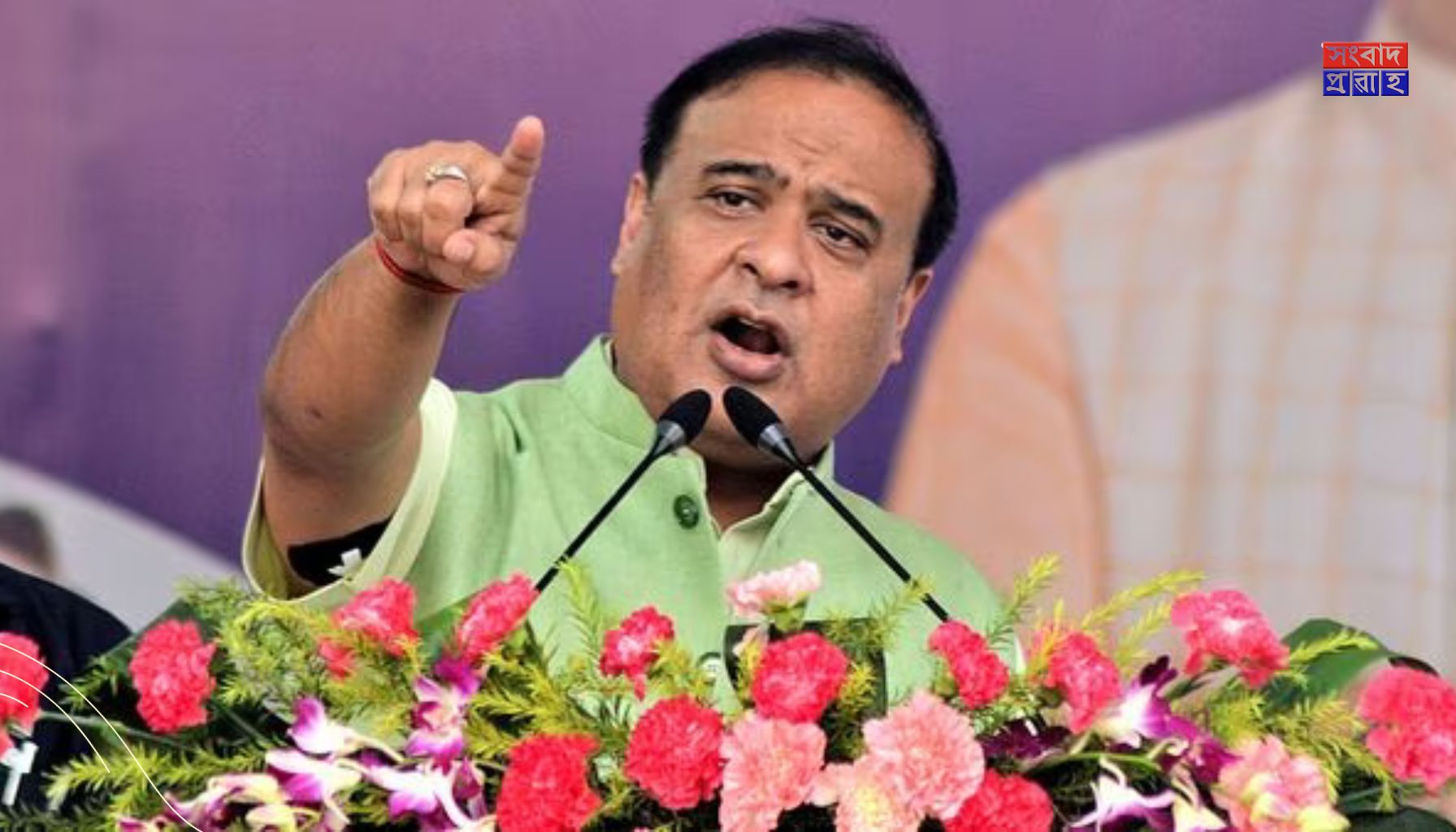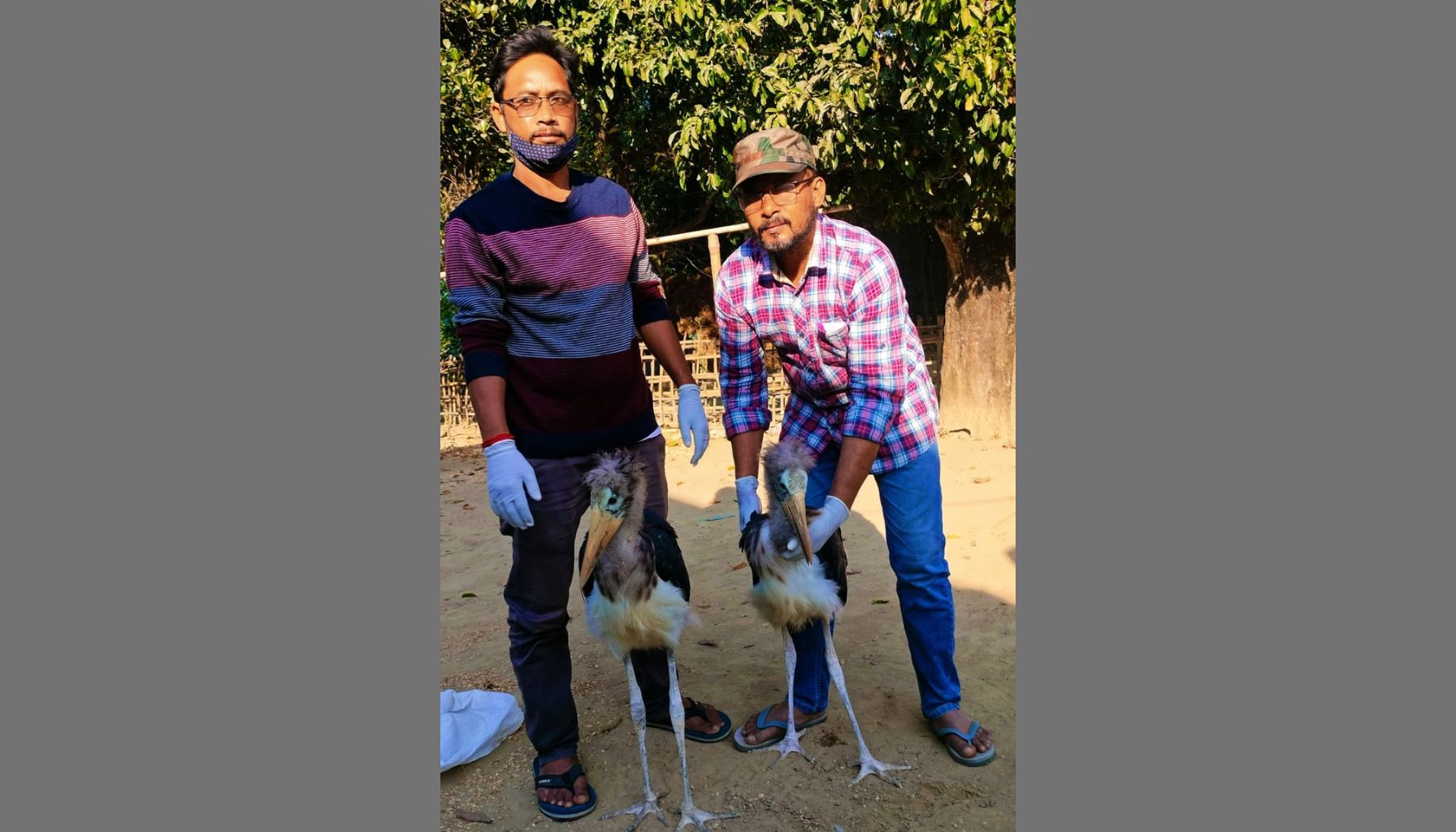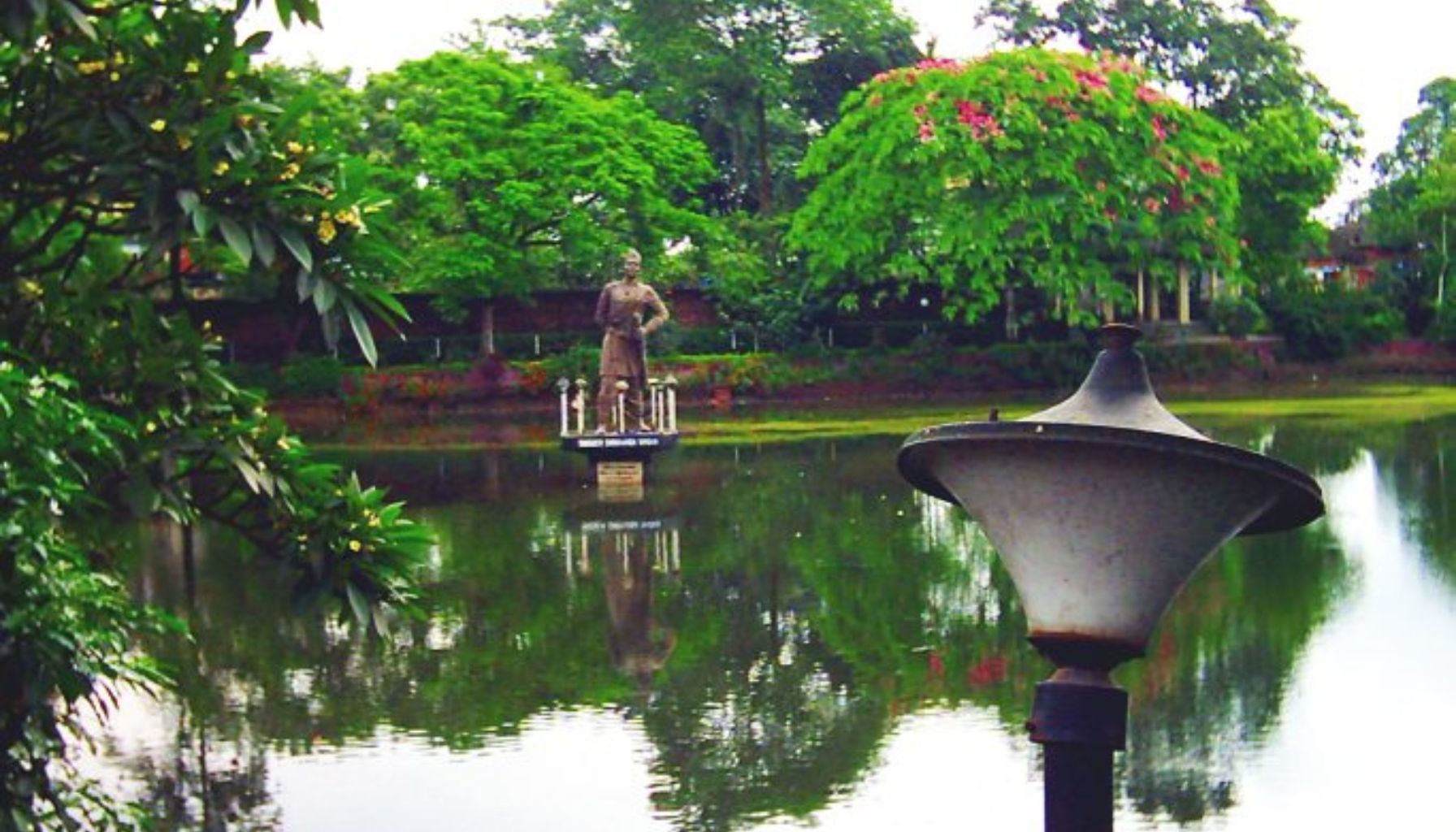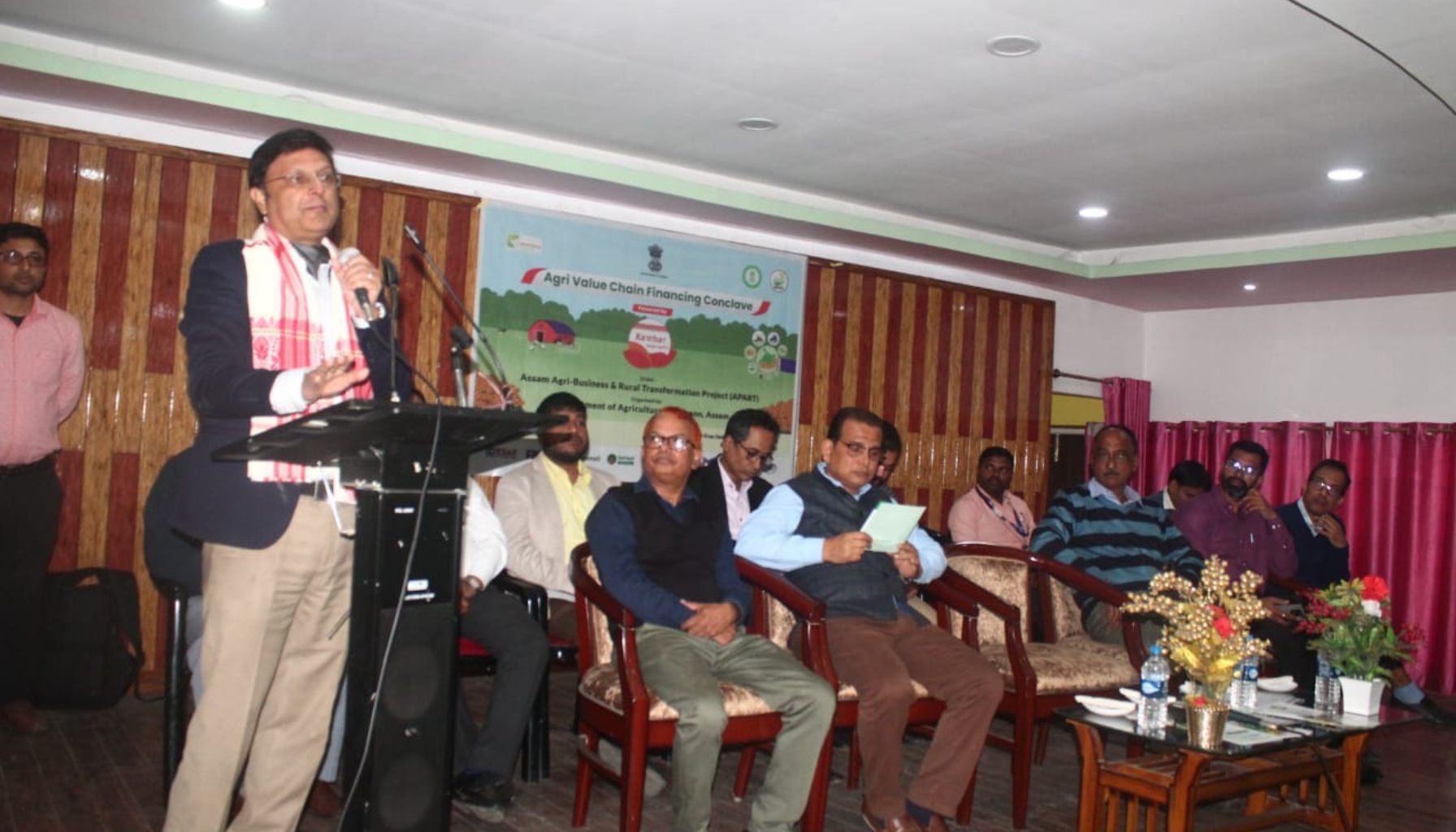H
Here are the top 35 places to visit in Assam in 2024:
Assam, known as the "Gateway to North-East India," is a captivating state characterized by its pristine natural beauty and rich historical heritage. Nestled in the northeastern part of India, it boasts a landscape adorned with lush forests, mighty rivers like the Brahmaputra, and vast expanses of tea plantations. Assam is renowned for its remarkable biodiversity, with the famous one-horned rhinoceros inhabiting the Kaziranga National Park. Guwahati, the largest city, is not only a bustling urban center but also home to the revered Maa Kamakhya Devi Temple. Majuli Island, the world's largest river island, showcases Assam's vibrant neo-Vaishnavite culture. From the tea-rich town of Dibrugarh to the serene hill station of Haflong, Assam beckons travelers with its diverse offerings and hospitable culture.
Home to the largest population of one-horned rhinoceroses on earth, Kaziranga National Park is a UNESCO World Heritage Site that showcases India's wildlife conservation success story. Nestled in the districts of Nagaon, Golaghat, and Karbi Anglong, this park is a must-visit for nature enthusiasts.
Majuli, the world's largest river island, is a mesmerizing destination in the Brahmaputra River. With its lush green landscapes and unique tribal culture, Majuli is a UNESCO World Heritage Site candidate and a perfect place to experience Assam's cultural richness.
Known as the gateway to North-East India, Guwahati is Assam's largest city and a bustling metropolis. Explore its rich history, visit sacred temples like Kamakhya, and enjoy modern amenities in this vibrant city.
Manas National Park, a UNESCO Natural World Heritage site, is a conservation success story in Assam. It's not only the only tiger reserve in the state but also famous for housing rare species like the golden langur and red panda. The park boasts stunning landscapes, including forested hills, alluvial grasslands, and tropical evergreen forests.
Dibrugarh, known as the "Tea City of India," is a bustling city and industrial hub in Assam. Located on the banks of the Brahmaputra River, Dibrugarh is a place where nature and culture harmoniously coexist. Explore its tea gardens, the magnificent Bogibeel Bridge, and experience the vibrant atmosphere of this emerging urban center.
Jorhat, often referred to as the "Tea Capital of India," is a city steeped in culture, history, and natural beauty. With 135 tea gardens, it's a paradise for tea enthusiasts. Visit heritage sites like Thengal Bhawan, Raja Maidam, and the famous Dhekiakhowa Bornamghar. Don't miss the chance to explore Majuli, the world's largest river island, just a ferry ride away.
Located just 24 km from Guwahati, Hajo is a unique pilgrim center that attracts followers of three different religions: Hinduism, Islam, and Buddhism. The town is home to various shrines dedicated to deities like Durga, Shiva, Vishnu, Buddha, and Muslim saints. The Hayagriva Madhava Mandir, believed to be where Buddha attained Nirvana, and the Powa Mecca Mosque are among the prominent religious sites in Hajo.
Nestled at the mouth of the Barnadi River on the Indo-Bhutan border in Baksa district, Bogamati is a pristine picnic spot that offers panoramic views of the mountains. The name "Bogamati" is derived from the Assamese words for "white river," owing to the white sand and stone deposits along the riverbanks. With a mix of Bodo, Assamese, and Nepalese communities, this area is known for its betel plantations, tea gardens, and warm hospitality. The Dawraijhar Eco-Tourism Society ensures the area's cleanliness and tourist safety.
Known as "the land of black magic," Mayong is a cluster of villages situated 40 km from Guwahati along the Brahmaputra River in Morigaon district. Beyond its mystic reputation, Mayong offers wildlife enthusiasts a chance to explore the nearby Pobitara Wildlife Sanctuary, known for its adventure sports and ancient ruins. The Mayong Central Museum preserves ancient Ayurveda and black magic artifacts, shedding light on the town's intriguing history.
Dibru Saikhowa National Park, located 12 km north of Tinsukia, is a hidden paradise for nature lovers. This river island national park is one of the 19 biodiversity hotspots in the world, boasting a rich collection of flora and fauna. While trekking is the primary mode of exploration due to the absence of roads, boat services offer an alternative way to experience the park. Keep an eye out for Bengal tigers, hoolock gibbons, and unique bird species like the White-winged Wood Duck and Bengal Florican.
Situated approximately 30 km from Guwahati in the Morigaon District, Pobitora Wildlife Sanctuary is a hidden gem known for housing the densest population of One-horned Rhinos in the world. This sanctuary also boasts a remarkable variety of bird species, earning it the nickname 'Bharatpur of the East.' In addition to wildlife, you can explore nearby attractions like Sualkuchi, the weavers' village, and Hajo, a pilgrimage center. Immerse yourself in the local culture by interacting with Assamese communities, making Pobitora a holistic travel experience.
Barpeta, located 98 kilometers northwest of Guwahati, is a town steeped in history and culture. Known as the 'Land of Satras,' it is home to many Vaishnavite Satras that reflect the teachings of scholars like Srimanta Sankardeva and Shri Madhavdeva. These Satras have played a significant role in shaping the lifestyle and culture of the region. Visitors can witness the vibrant Doul Mahotsav during the Hindu festival of Holi. Barpeta also serves as the gateway to the renowned Manas National Park, a tiger reserve teeming with wildlife.
Umananda Island, the world's smallest river island, is nestled in the Brahmaputra River in the heart of Guwahati. Despite its proximity to the bustling city, this island maintains its natural beauty and serenity. It is home to the sacred Golden Langurs and the Umananda Devi Temple, dedicated to Lord Shiva. Legends intertwine with the island's history, making it a captivating place for spiritual seekers and nature enthusiasts alike.
Nameri National Park, known for its elephant population and bird-watching opportunities, offers an exciting adventure for wildlife enthusiasts. Safaris are a popular way to explore the park and spot animals like tigers, leopards, gaurs, and more. The lush flora and the river within the park add to the enchanting experience. Activities like water rafting, fishing, and sunbathing are available with proper permissions. Nameri is also famous for the Golden Masheer Fish and river rafting on the Jai Bharali River.
Tinsukia, an important town in Assam, serves as a gateway to picturesque villages and wildlife sanctuaries. Located around 500 km from Guwahati, this town offers easy access to attractions like the Marut Nandan Kanan Park, Shiv Dham, Dibru Saikhowa National Park, and the Bell Temple. Use Tinsukia as your base to explore the natural beauty and rich biodiversity of the surrounding areas.
Steeped in history and cultural heritage, Sivasagar is a town that dates back to the Ahom dynasty. This cultural haven is dotted with historic attractions, including forts with underground architecture and numerous temples. Visitors can explore the Bhorpukhuri water tank, Joysagar man-made lake, Ahom Museum, Rudrasagar tank and temples, Gaurisagar tank and temples, Kareng Ghar, and the Rang Ghar. Sivasagar offers a captivating glimpse into Assam's glorious past.
Nestled in southern Assam, Diphu serves as the headquarters for the Karbi-Anglong district. This picturesque town, located about 250 km from Guwahati, is a perfect weekend getaway and a popular picnic spot. Nature enthusiasts will enjoy excursions to Singhason, Kohora, Khanduli, and other nearby places, offering activities like trekking, horse riding, and bird watching. Explore religious sites such as the Iskon temple, Shiva Mandir, and Deopani Durga mandir to experience the spiritual side of Diphu.
Situated on the scenic Surma (Barak) River, Silchar is known for its natural beauty and tranquility. Surrounded by Manipur, Bangladesh, Mizoram, and the Barail hills, this town is often referred to as the "Island of Peace." Silchar, located 313 km south of Guwahati, is the gateway to the Barak Valley in Assam. With its own airport and educational institutes, Silchar is a developed area. Explore the town's picturesque surroundings and embrace its cultural diversity, with Bengalis, Bishnupriya Manipuris, Dimasa Kacharis, Marwaris, Assamese, and tribal groups residing here.
Located 140 km west of Guwahati, Goalpara is the headquarters of its eponymous district. The town's name, derived from "Gwaltippika," translates to "Guwali Village" or "Village of the Milk Men." Surrounded by fertile plains along the Brahmaputra riverbanks and hilly areas with evergreen canopies, Goalpara offers a diverse landscape. Explore cultural centers like the Shyamrai Sattra and Sree Chaitanya Gaudiya Math, which are instrumental in preserving and promoting Vaishnavite culture. Don't miss the historical significance of archaeological sites like Pir Majhar and Sri Surjya Pahar.
As the charming capital of Assam, Dispur offers panoramic views, unique traditions, and a rich tribal culture. Declared the state's capital in 1973, Dispur is home to significant government buildings like the Assam Secretariat, State Emergency Operations Center, and State Assembly House. This city is dotted with Hindu temples that showcase Assam's distinctive culture. Known as a tea auction market, Dispur is situated just 10 km from Guwahati. With its abundant flora and fauna and delightful weather year-round, Dispur promises a perfect vacation.
Step into the idyllic village of Sualkuchi, where Assam's culture and traditions come to life. This weaving village is renowned for its exceptional silk production, earning it the nickname "Manchester of the East." The village exudes rustic charm, with bamboo houses and mud-covered walls designed to keep residents cool in summer and warm in winter. Sualkuchi is an ecological haven, hosting local exotic animals, birds, and migratory species. Temples, namghars (prayer halls), and monasteries dot the village, offering a cultural immersion for tourists. The intricate designs on the naturally golden Muga silk, crafted in workshops alongside nearly every house, showcase the village's silkwork prowess. Nestled along the northern banks of the Brahmaputra River, with lush green hills as a backdrop, Sualkuchi is a captivating destination that will leave you in awe.
Situated in the beautiful state of Assam, Orang National Park stands as the oldest game reserve in the region, nestled on the banks of the Brahmaputra River. Located 110 km north of Guwahati and shared by the districts of Darrang and Sonitpur, this park is officially known as Rajiv Gandhi Orang National Park. Orang National Park is celebrated for its conservation efforts, particularly for the endangered One-horned Rhinoceros and Royal Bengal Tigers. This national park offers a delightful surprise with its diverse array of animals, birds, fish, and lush flora. Alongside the renowned Great Indian Rhinoceros, you can spot porcupines, Bengal tigers, civets, water buffaloes, leopards, and many more. Orang National Park is also a haven for birdwatchers, featuring species like kingfishers, fishing eagles, woodpeckers, mallards, and white pelicans. A visit to the park offers the refreshing beauty of its surroundings, diverse vegetation, and the thrill of observing such a variety of wildlife. It also serves as a crucial breeding ground for various fish species.
Located in North Lakhimpur, Assam, Lilabari is a small town famous for its picturesque waterfront on the left bank of the Brahmaputra River. It offers breathtaking views of the Dirang valley and Sela Pass. Lilabari boasts an airport that serves Arunachal Pradesh as well. Beyond its natural beauty, the town provides excellent opportunities for adventure enthusiasts, including trekking, hiking, mountaineering, angling, rafting, camping, boating, and fishing.
Nestled away from the city's hustle and bustle, Karimganj is a tranquil town in southern Assam, located 313 km from Guwahati. Surrounded by wetlands and farms, Karimganj is renowned for its agriculture. It shares its border with Bangladesh and is graced by the Kushiara and Longai rivers. Noti Khal, a long canal, connects these rivers, maintaining water balance. The region's forests and their diverse flora and fauna offer opportunities for easy hikes and exploration. Karimganj's rich culture is characterized by local tribes, languages, and traditions unique to the region.
Bongaigaon, an important city in Assam, served as the last capital of the Kamatapur Kingdom and houses numerous historical monuments reflecting Assamese culture. Centrally located within the state, approximately 180 km northwest of Guwahati, the city exhibits a vibrant Assamese township and culture. Bongaigaon is known for its Buddhist culture remnants, such as hilly caves (Gumphas) and stone carvings on the Jogigopha hill rocks. Tourists can explore Bagheswari Temple, Rock Cut Cave, and other attractions. While the city is developing, its natural beauty remains preserved. Bongaigaon also serves as the gateway to the UNESCO Natural World Heritage site, Manas National Park.
Hailakandi, situated 312 km south of Guwahati, is a charming destination nestled in the heart of Assam's Barak Valley. As the administrative headquarters of the Hailakandi district, the town is a melting pot of diverse cultures and traditions, living harmoniously. This culturally rich place is also surrounded by natural beauty, making it perfect for those seeking peace and tranquility. Hailakandi features lush green forests, sprawling tea gardens, fruit orchards, and a gurgling river. The town's religious significance attracts devotees in large numbers, offering a serene setting to unwind and relax.
Dhemaji, a small but significant district in northeastern Assam, is located in the Brahmaputra plains. It is renowned for its archaeological importance and is inhabited by various Assamese tribes. Visitors can immerse themselves in the culture and lifestyles of tribes like Chutia, Ahoms, Sonowal Kacharis, Koches, Kalitas, Kaibartas, and more, including Mishings and Deoris. Dhemaji's abundant natural beauty, with lush green landscapes and glistening water bodies, is waiting to be explored.
Located at the foothills of the eastern Himalayas in Assam, Nalbari offers a perfect escape to explore nature's wilderness, including vast paddy fields and dense forests. With the Indo-Bhutan border to the north and the Brahmaputra River to the south, Nalbari presents a unique blend of culture and nature. The region is known for its ancient temples, rich spirituality, and vibrant folk dances and music. The Raas festival in Hari Temple during November is a significant cultural event worth experiencing.
Darrang, a district with a rich past dating back to the 16th century and even mentioned in the Mahabharata, offers a diverse array of experiences. It is a place where history comes alive through relics from the past scattered throughout the region. Besides its historical significance, Darrang is known for its spirituality, housing revered religious centers like Bar Masjid, Satras, and Thaans. With pleasant weather year-round, this beautiful district also boasts national parks and wildlife sanctuaries, preserving a wide variety of flora and fauna. Darrang is undoubtedly a destination worth visiting.
Located 80 km east of Guwahati, Morigaon serves as the administrative headquarters of the Morigaon district. Enriched with a rich regional history, captivating legends, unique traditions, and culture, the town and its surroundings are home to numerous religious and cultural sites. The northern limits of the district are marked by the Brahmaputra River, while the west offers stunning views of the snow-capped Himalayas. Morigaon is known for its agricultural prowess, with crops like vegetables, jute, mustard, wheat, and paddy being the mainstay of the local economy. The region's abundant flora and fauna add to its charm, making Morigaon an enticing destination.
Nagaon, Assam's most populous district and one of its largest, is often referred to as the 'Rice Bowl of Assam.' It boasts a rich agricultural heritage and is abundant in paddy fields. Nagaon is also renowned for its wildlife, with a part of the area covered by the world-famous Kaziranga National Park. This district is unique as it is the birthplace of Mahapurush Srimanta Sankardeva, the founder of the Vaishnavism religion, and is home to the rare one-horned rhinoceros. Nagaon offers diverse attractions, including the Laokhowa Wildlife Sanctuary, Champawati Kunda falls, Kaliabor's historical sites, and the Narowa and Salaguri Satras, founded by Srimanta Sankardeva himself.
Nestled in the Himalayan foothills, Sadiya is one of the sub-divisional headquarters of Tinsukia. It sits at the confluence of three major rivers: Dihing, Dibang, and Lohit, which together form the mighty Brahmaputra. Sadiya, with an elevation of about 400 feet, offers extraordinary scenic beauty and a rich historical background. The town is renowned for the Tameshwari temple and other Shaivik temples, where Deori tribes worshipped in ancient times. Visitors can enjoy boat or ferry rides on the Brahmaputra, explore archaeological sites, and witness the architectural beauty of the region.
Known as the Oil City of Assam, Digboi is famous for housing India's oldest refinery. Crude oil was discovered here in the late 19th century, significantly contributing to the economic development of the Tinsukia district. Digboi's charm extends beyond its industrial significance. The town features lush tea gardens, remnants of British colonialism, wax dolls, and traditional textiles. Birdwatchers and ornithologists will delight in the diverse avian species found in the area, including the black-breasted parrotbill and Jerdon's babbler.
Escape to the only hill station in Assam, Haflong, in 2023. Also known as the White Ant Hillock, Haflong offers green rolling hills, narrow valleys, exotic flora and fauna, and mesmerizing views. The city is culturally rich and invites travelers to explore its attractions, including Haflong Hill and Haflong Lake, perfect for picnics and boating. Maibong's ruins, Bhuvaneshwar Temple in Silchar, Orchid Garden, Borail Range, and Jatinga with its mysterious bird phenomenon are all accessible from Haflong. The hill station is a haven for camping enthusiasts and offers lakeside resorts, making it a great destination for nature lovers.
Situated on the northern bank of the Brahmaputra River, Tezpur is often referred to as the cultural capital of Assam. It is celebrated for its lush greenery, heritage sites, lakes, and proximity to national parks. The city provides a picturesque backdrop with the snow-covered Himalayan peaks and Arunachal's hills. Tezpur boasts a wealth of historical and archaeological sites, as well as numerous tea gardens in the vicinity. The nationally acclaimed Tezpur University is located nearby, and Nameri National Park offers a leisurely day amidst nature. Tezpur's cultural heritage and natural beauty combine to create a truly captivating experience for visitors.











